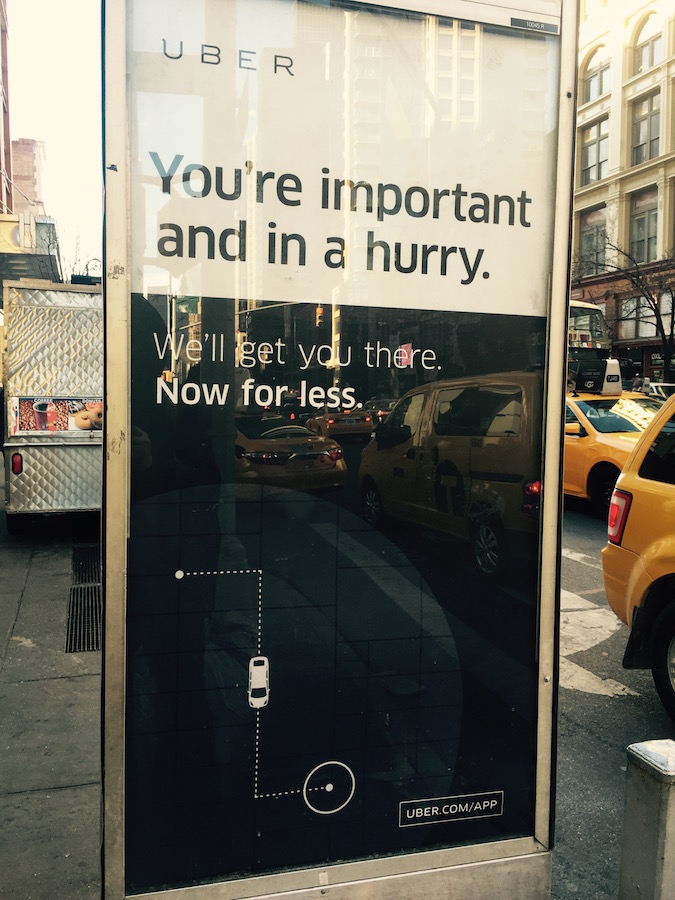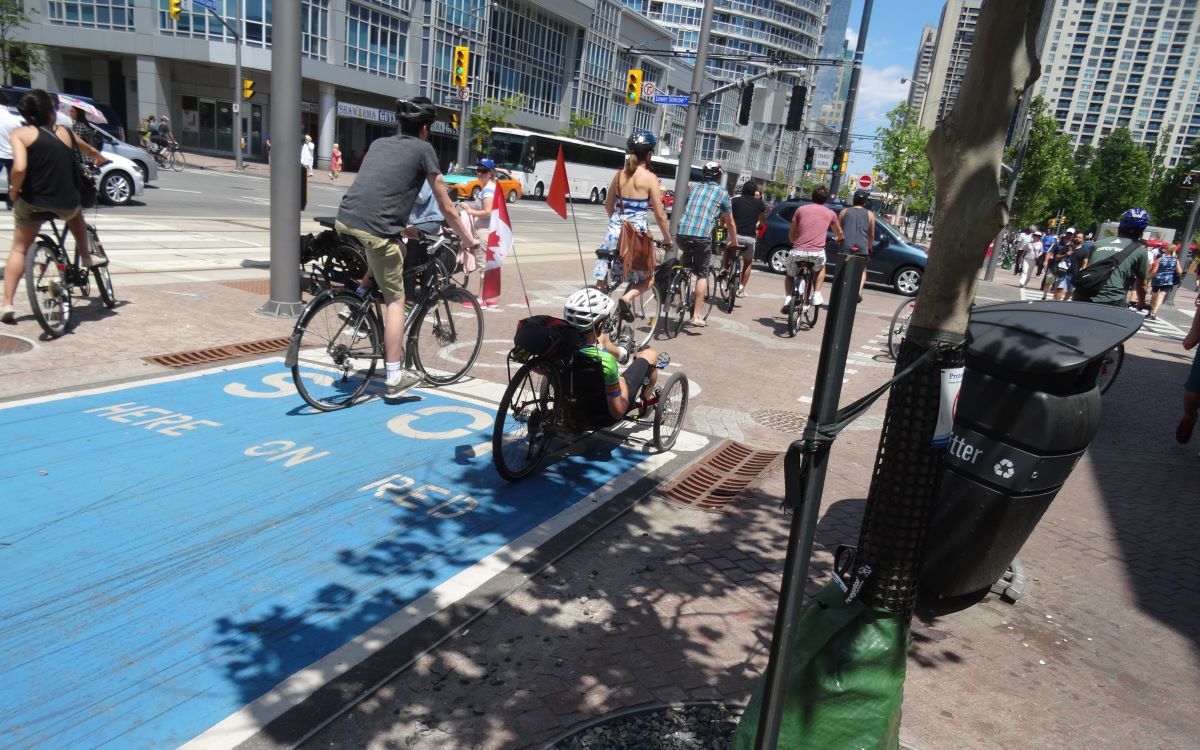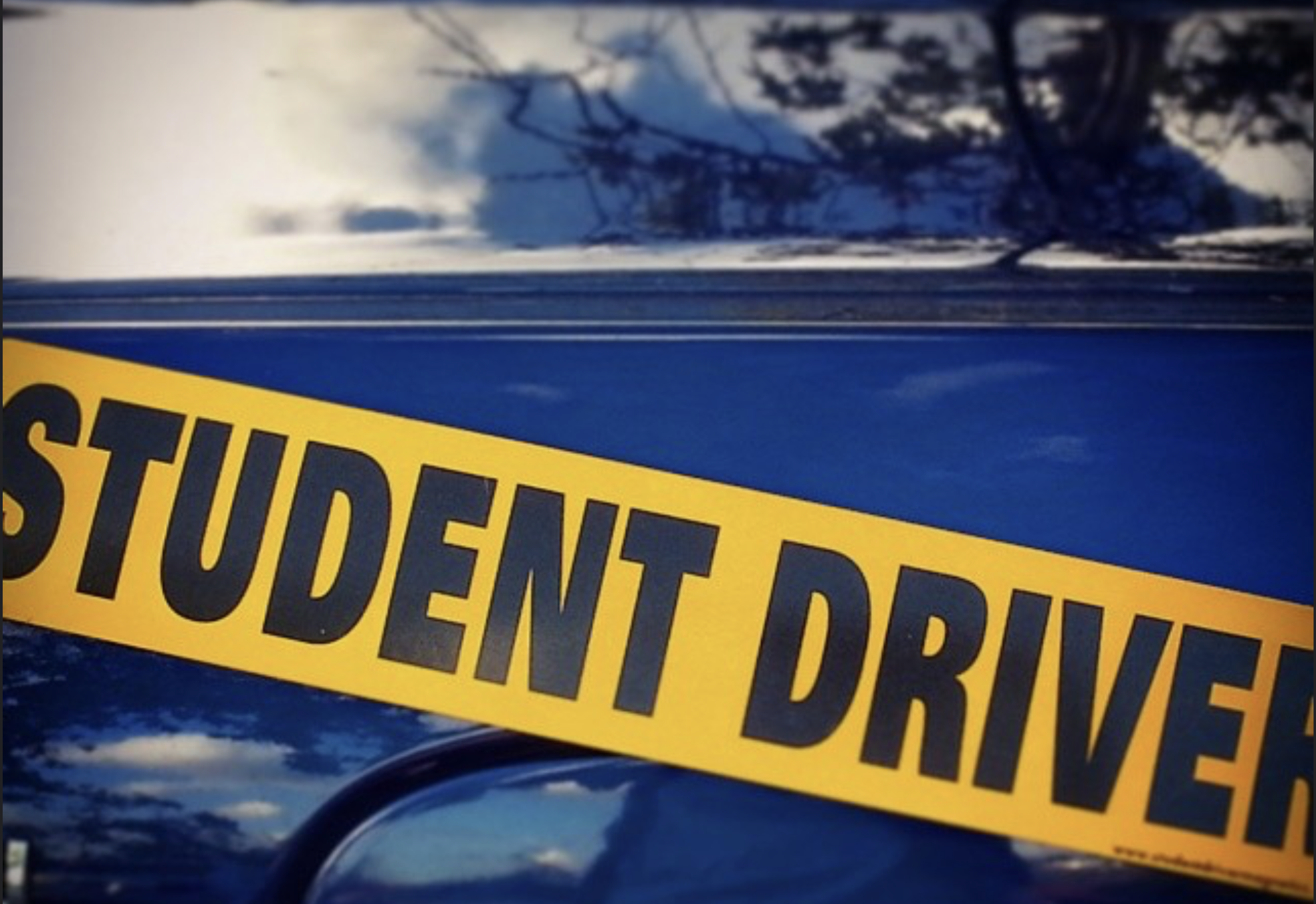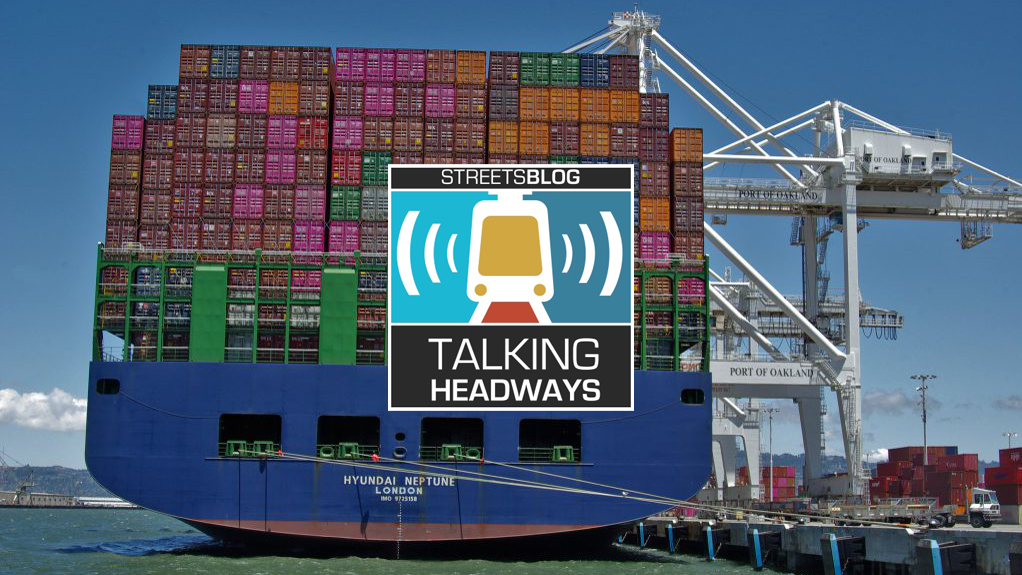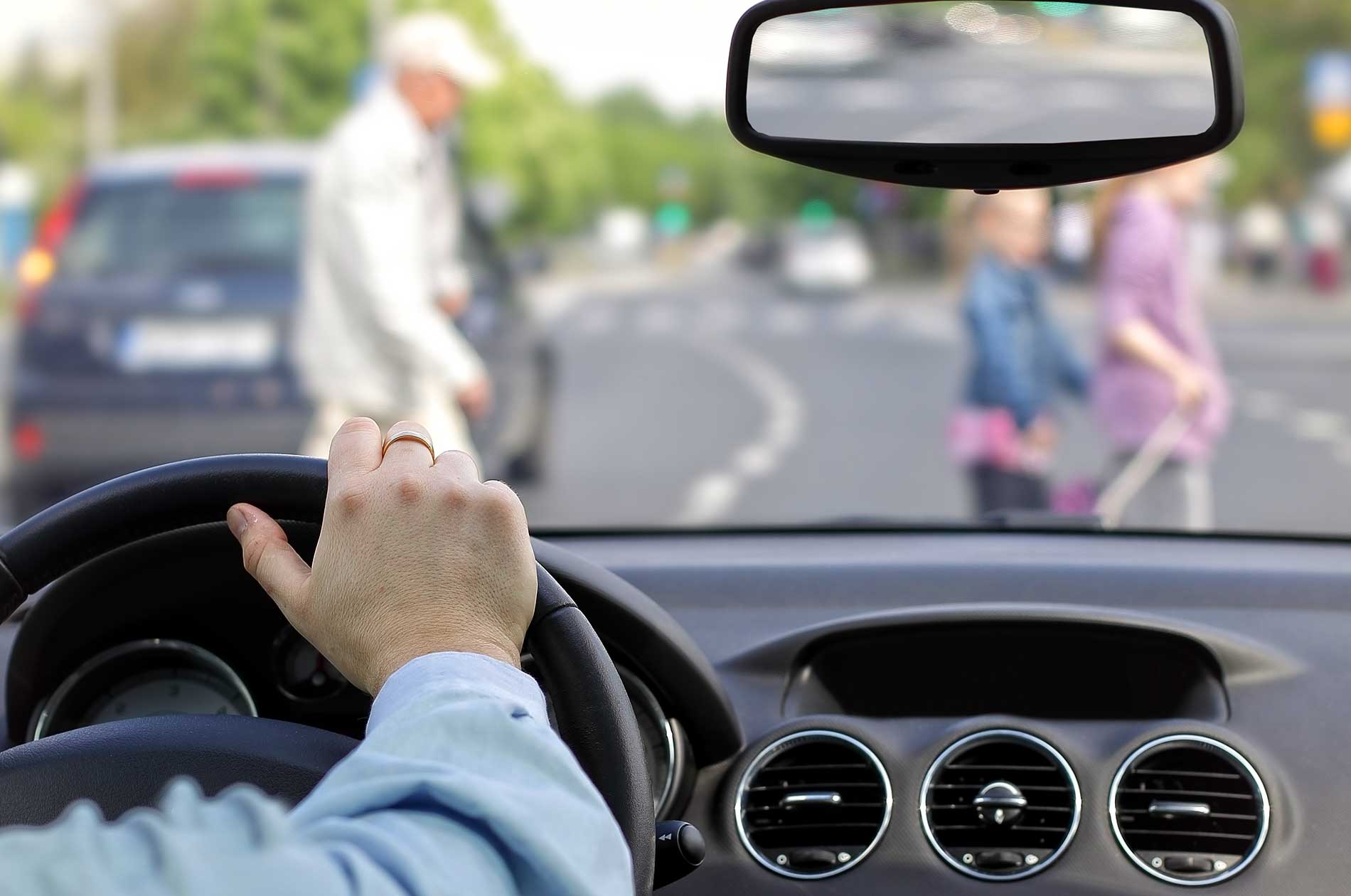Uber and Lyft are still crushing transit across the U.S, according to new study examining the effects in 22 cities.
When Uber and Lyft enter a city, the app-based taxis decrease rail ridership by 1.29 percent per year and decrease bus ridership by 1.7 percent, the study by three University of Kentucky researchers found [PDF].
Worse, the effect is cumulative. Authors Michael Graehler, Richard Mucci and Gregory Erhardt estimate that Uber and Lyft for example, have reduced bus ridership in San Francisco a staggering 12.7 percent since they entered the market in 2010.
This isn't the first study to make such findings, but it is one of the broadest, helping to explain why transit ridership has declined in almost every U.S. city over recent years. These declines could not be explained by service reductions or by maintenance issues — although those have been an issue in Washington and New York City.
Increased service could counter the trend, but it would not be enough to make up for the damage. Graehler and his co-authors estimated that San Francisco would have to increase bus service by 25 percent to offset the effects of Uber and Lyft in depressing ridership.
The study comes as transit agencies like L.A. Metro are grappling with unexplained ridership drops. The system's ridership declined 3.4 percent last year, despite major investments in the rail network.
But the declines have occurred in almost every major city — save Seattle — and they track closely with the rise of Uber and Lyft. In New York City, Graehler points out, daily Uber and Lyft trips grew from 60,000 to 600,000 from 2015 to 2018. That's almost identical to the decline in daily transit boardings in New York: 580,000.
"This makes sense because [Uber/Lyft] trips are short and concentrated in city centers, which are the exact same places bus ridership is highest," Erhardt told Streetsblog. "What appears to happen is that travelers divert from transit to [taxis], increasing congestion for everyone, including the buses."
The study also found bike share has an effect on transit ridership — although the relationship was a little more complex. The study found bike share increased rail ridership, but decreased bus ridership by 1.7 percent.
The study did find that Uber and Lyft increased ridership slightly on one kind of transit: Commuter rail, but the effect was insignificant.
"Our results suggest that the recent decline in transit ridership in major U.S. cities cannot be attributed to transit service cuts alone," said Erhardt. "The ridership decline is steepest from 2015 onwards, and correlates with the introduction of Uber into a market."
Transit agencies may not have the resources to increase service at the scale needed to offset the effects of Uber and Lyft. On average they would need a 20-percent service increase, Erhardt said.
"A more effective approach may be to think beyond the bounds of transit agencies to consider policies such as congestion pricing, or a broader re-thinking of how right-of-way is allocated in the urban streetscape between cars, transit, bicycles, pedestrians and other uses," he said.
